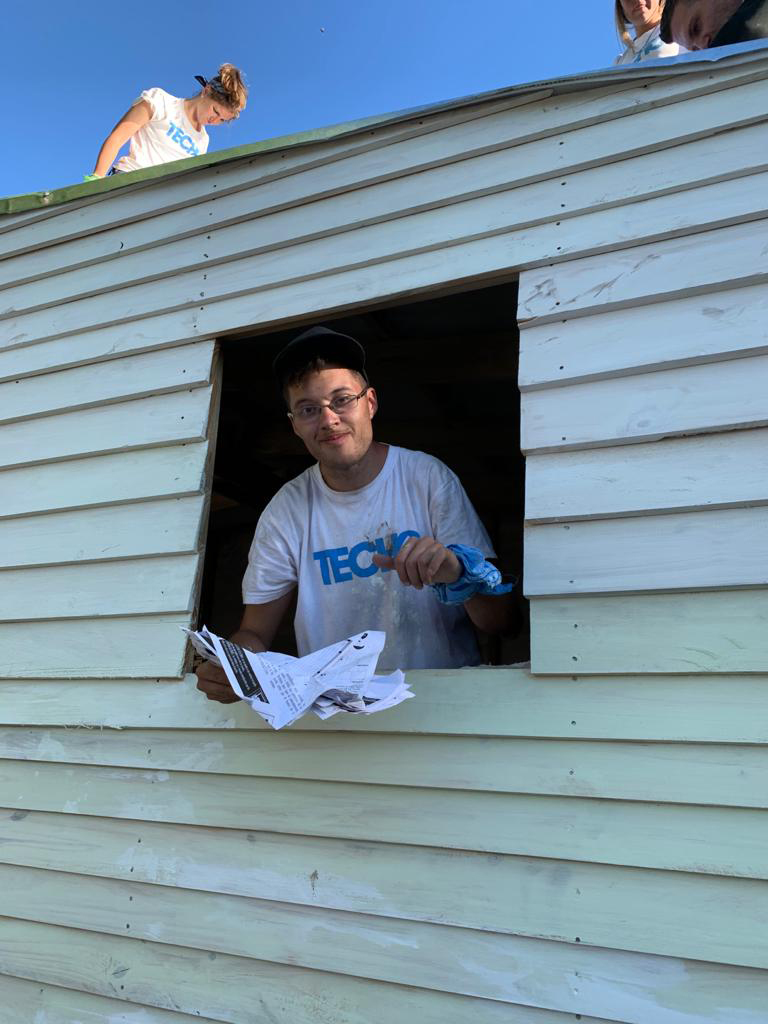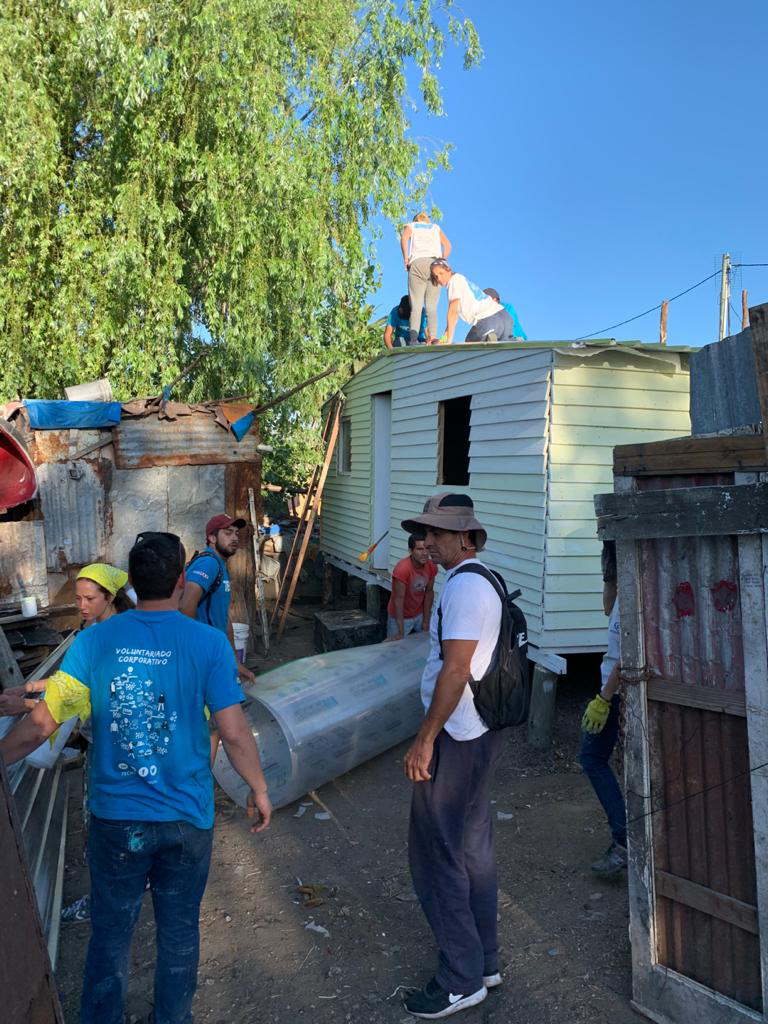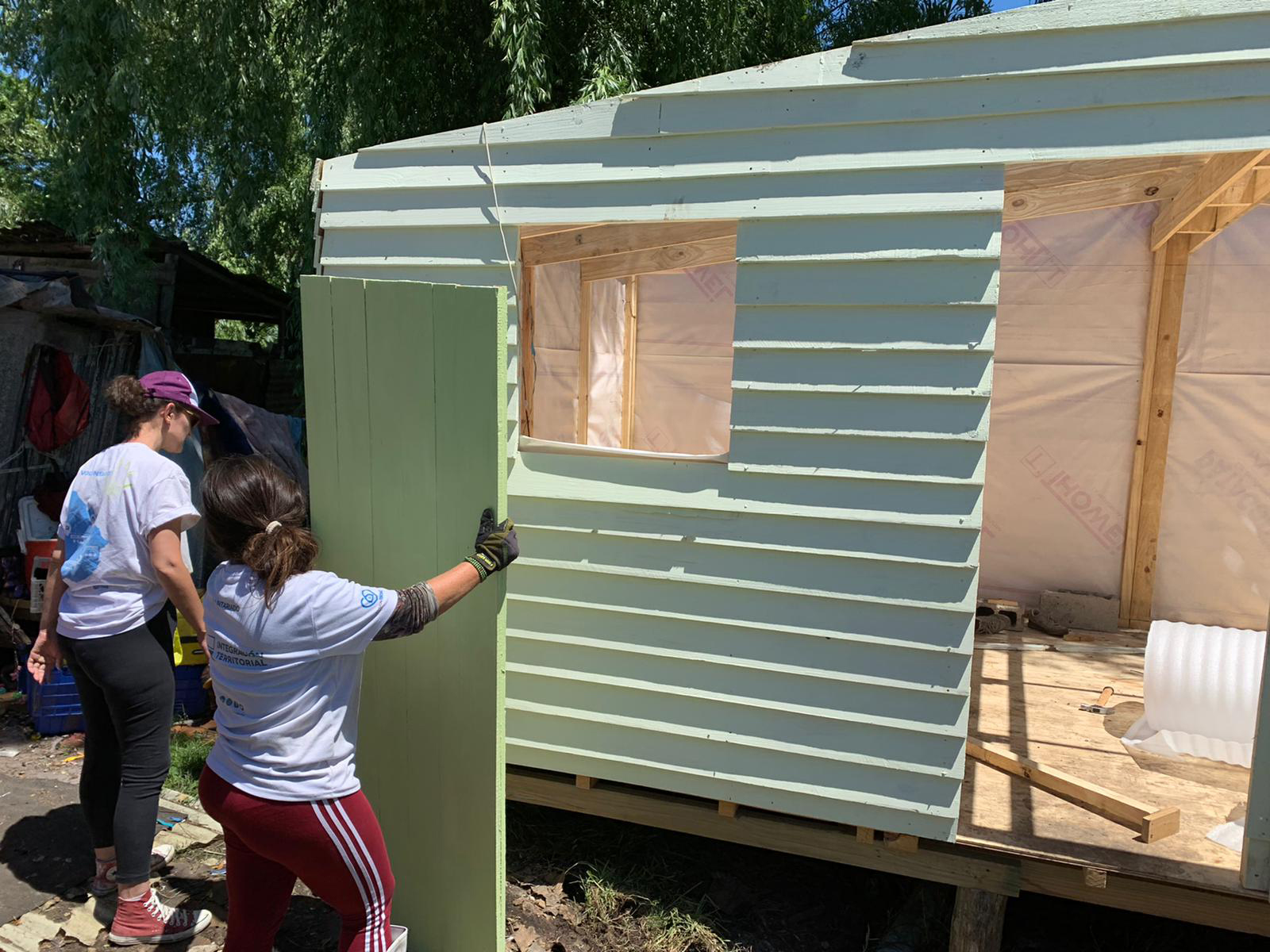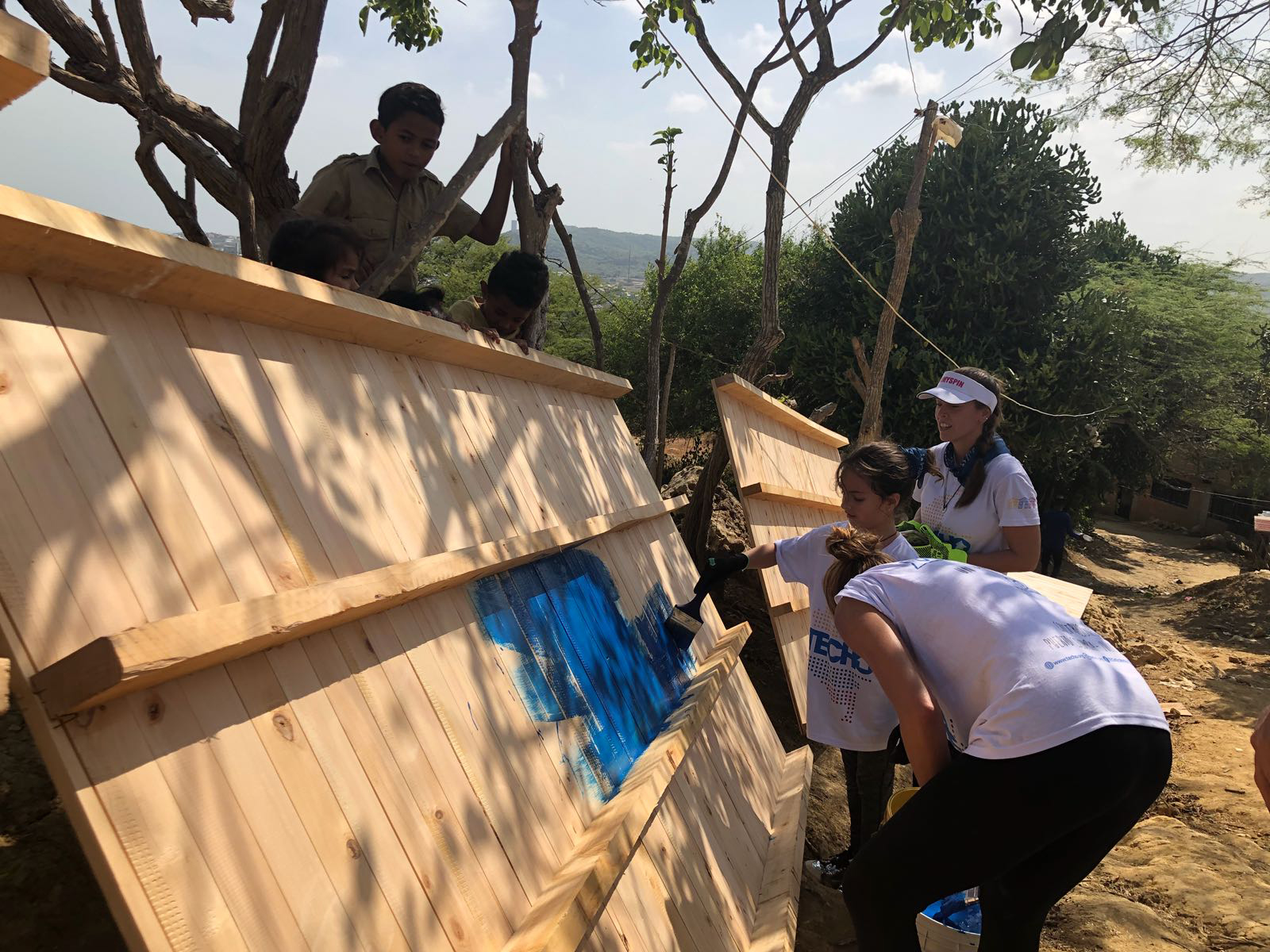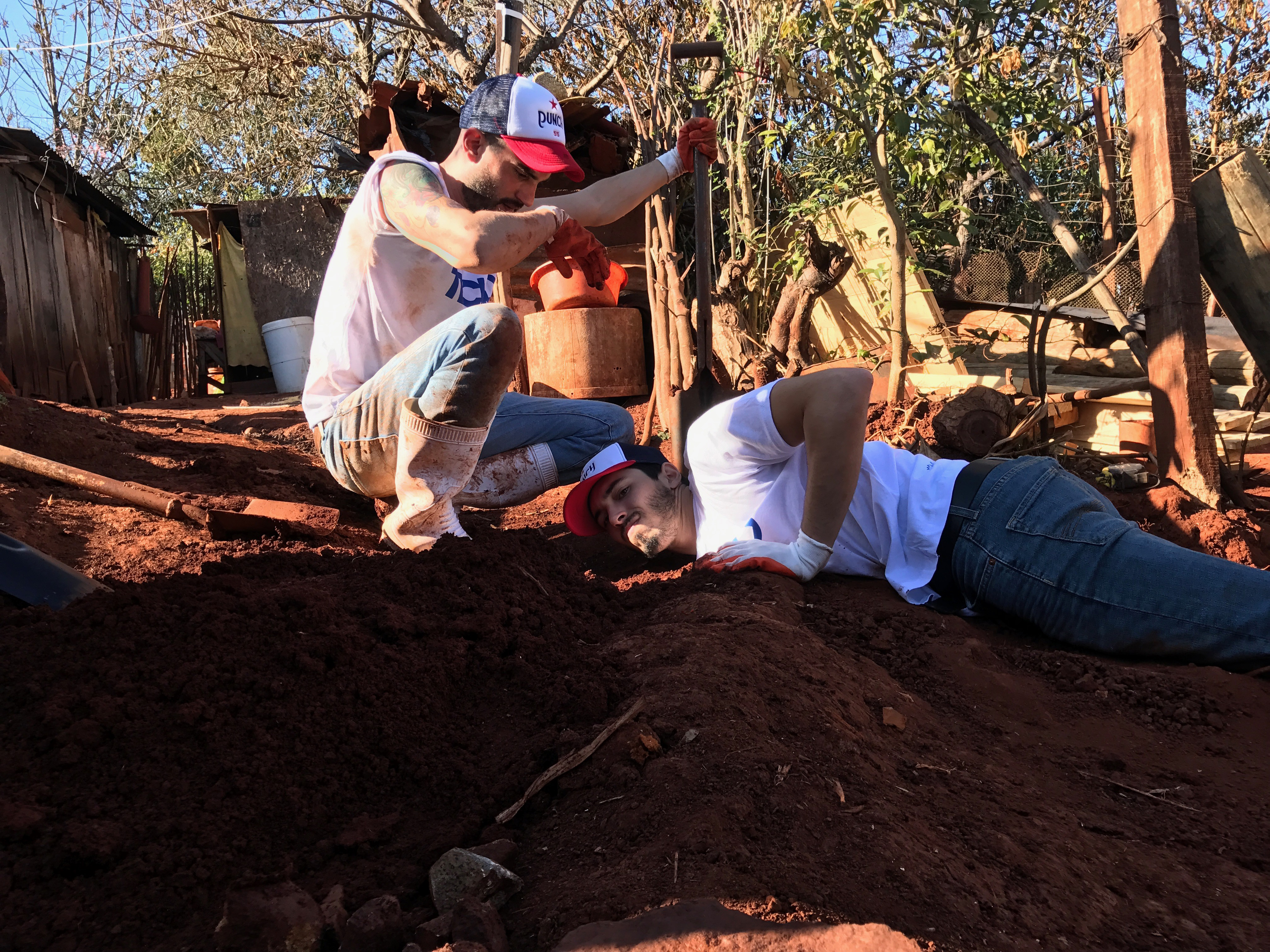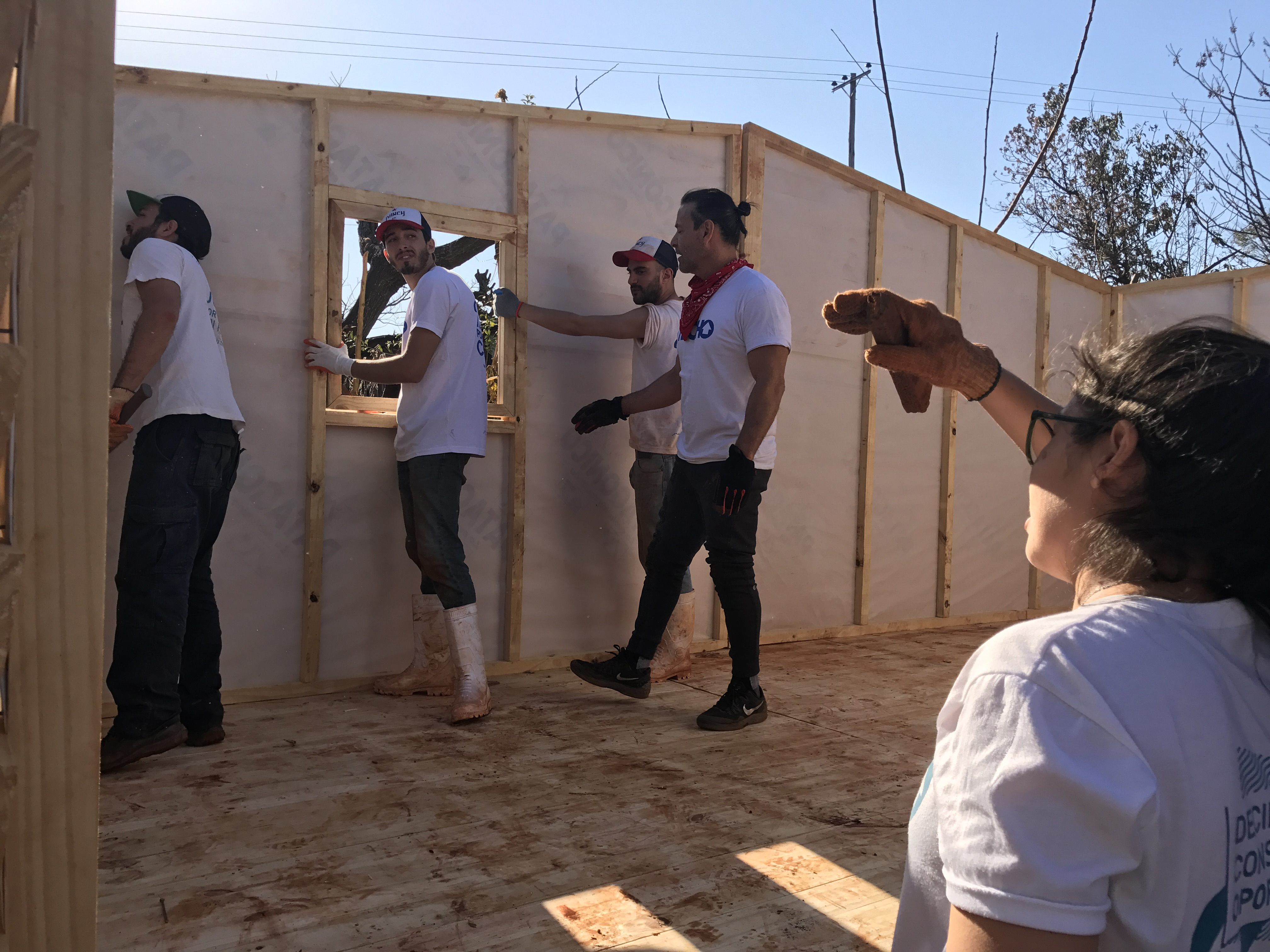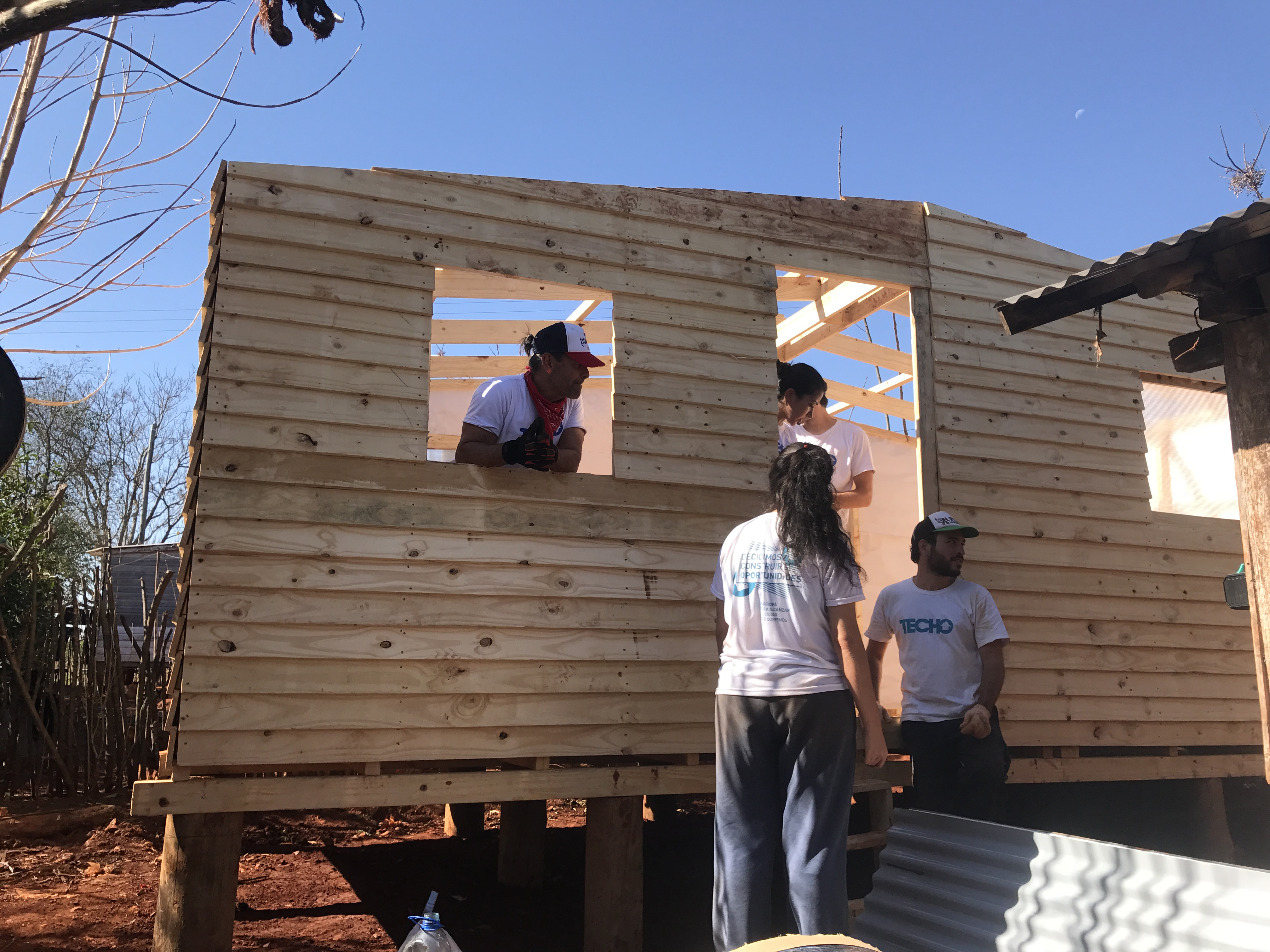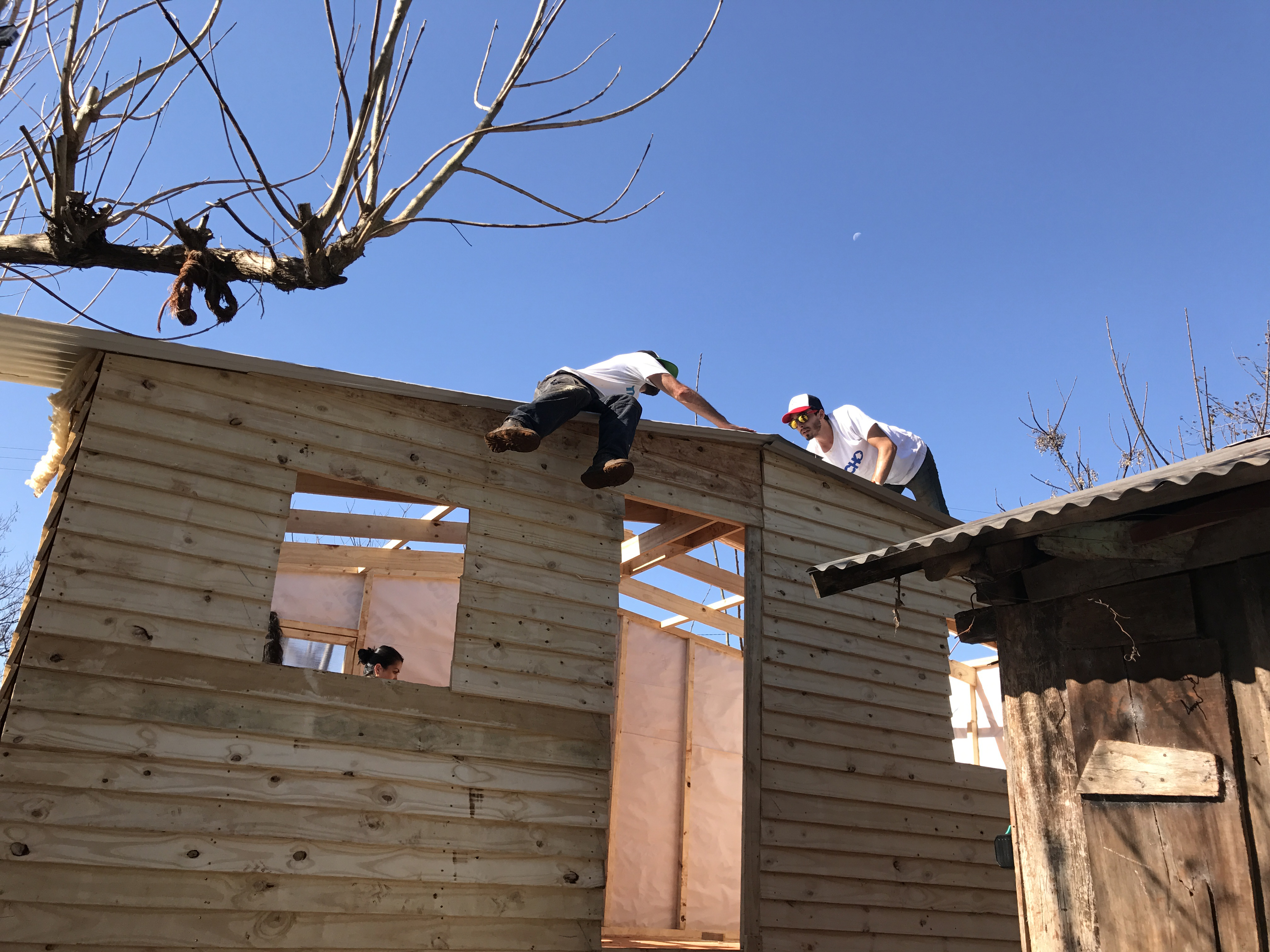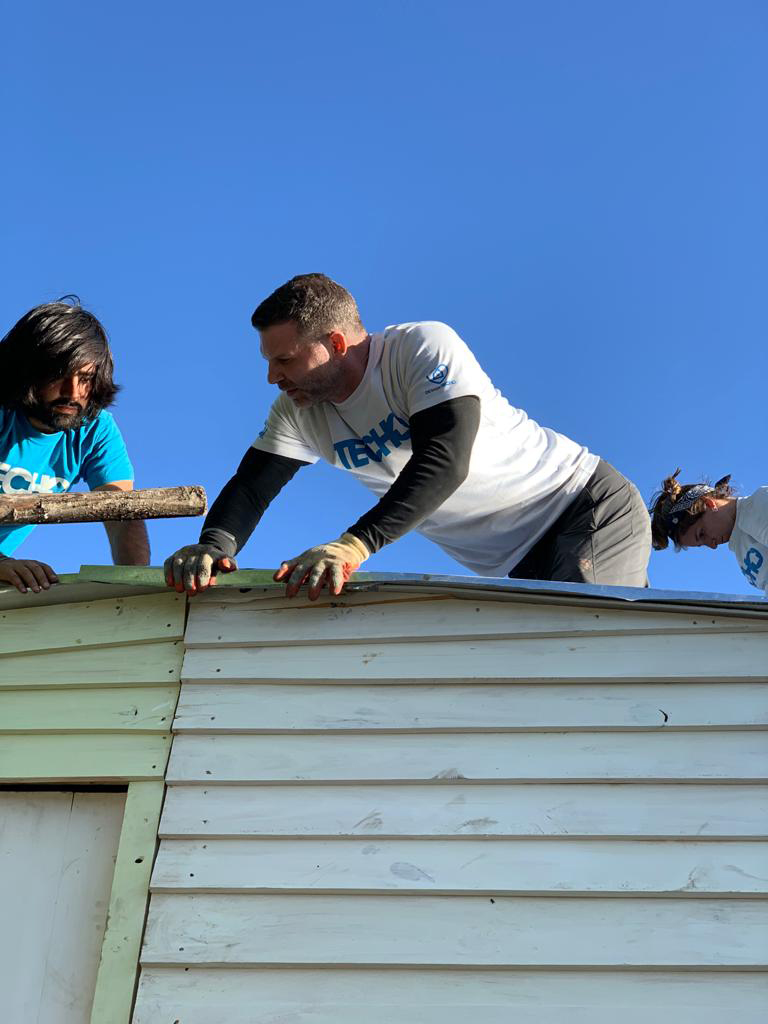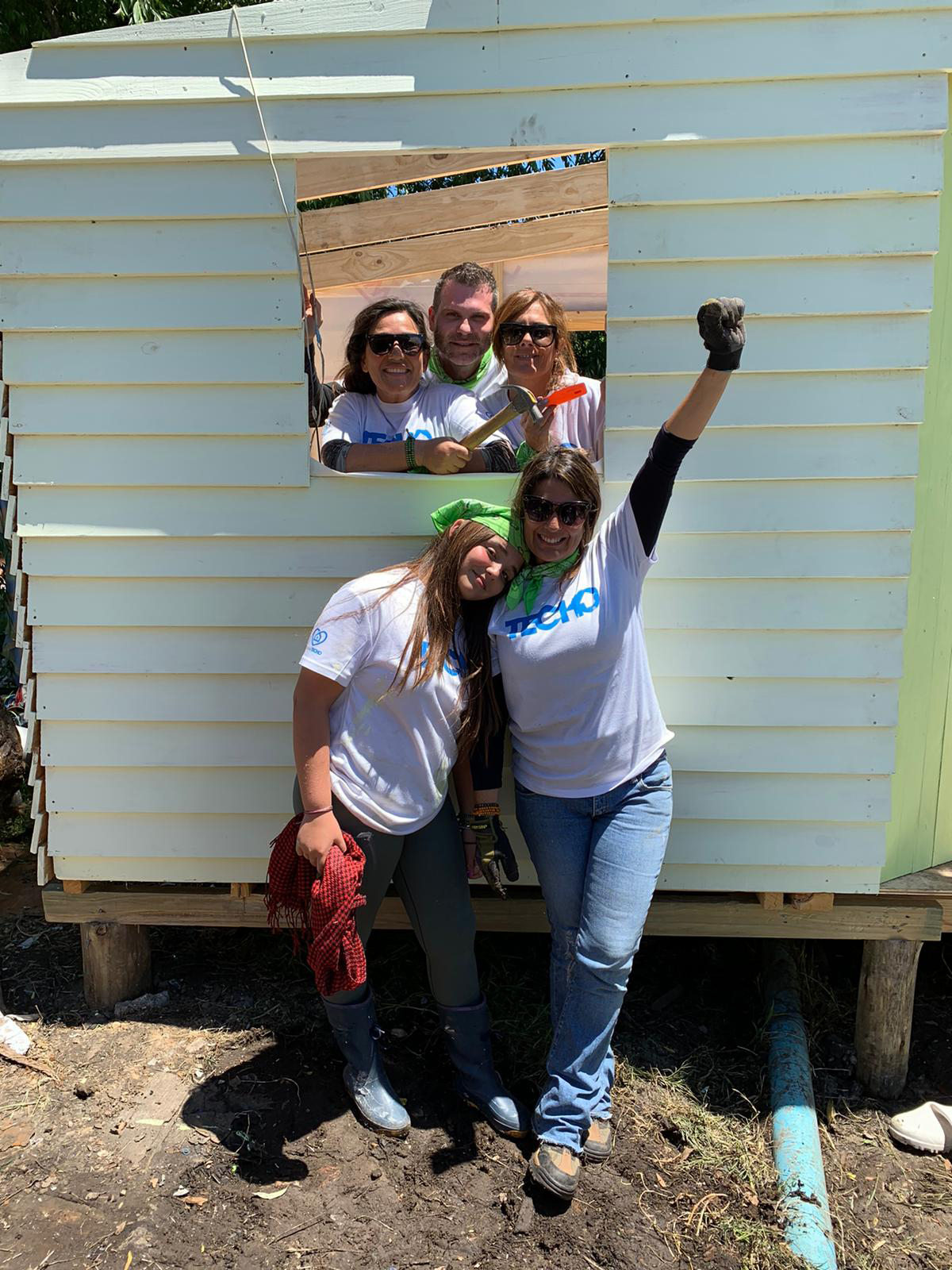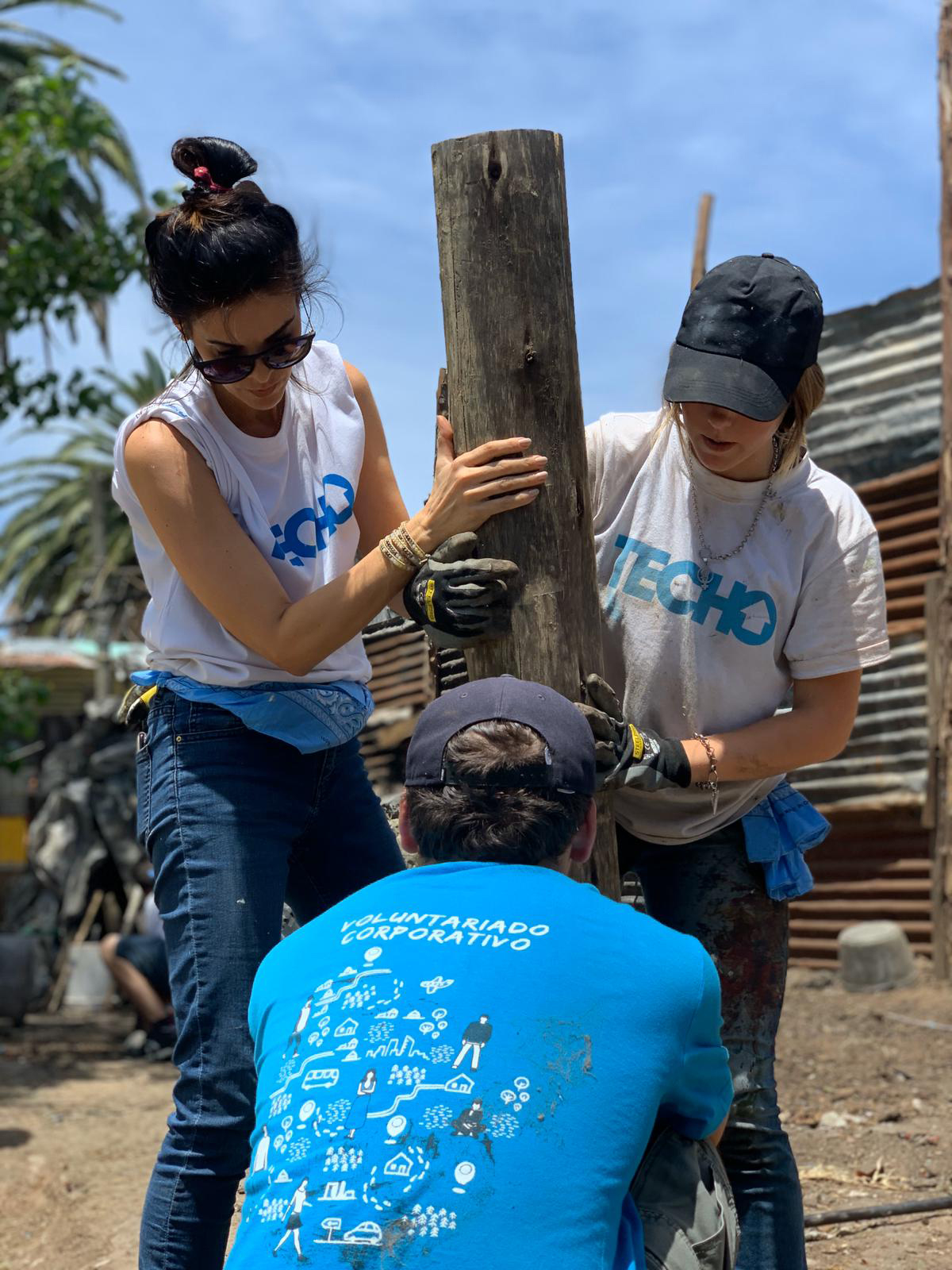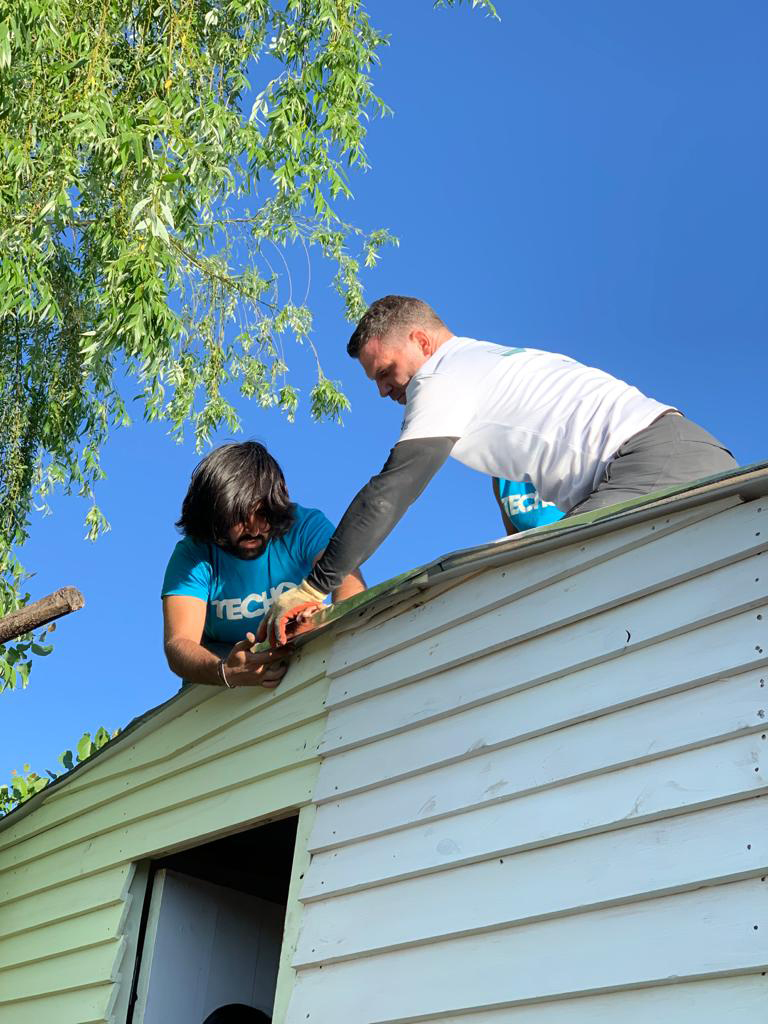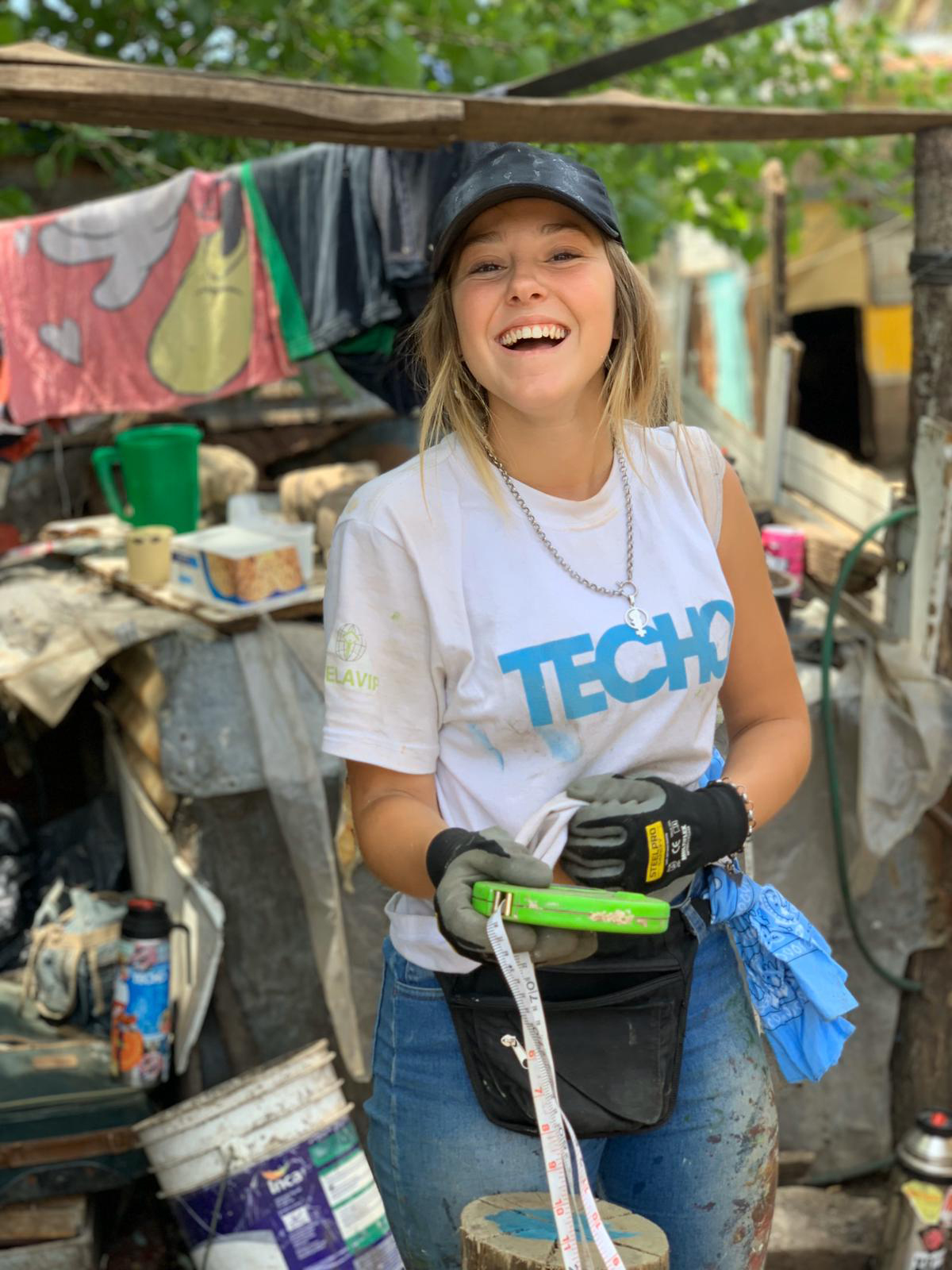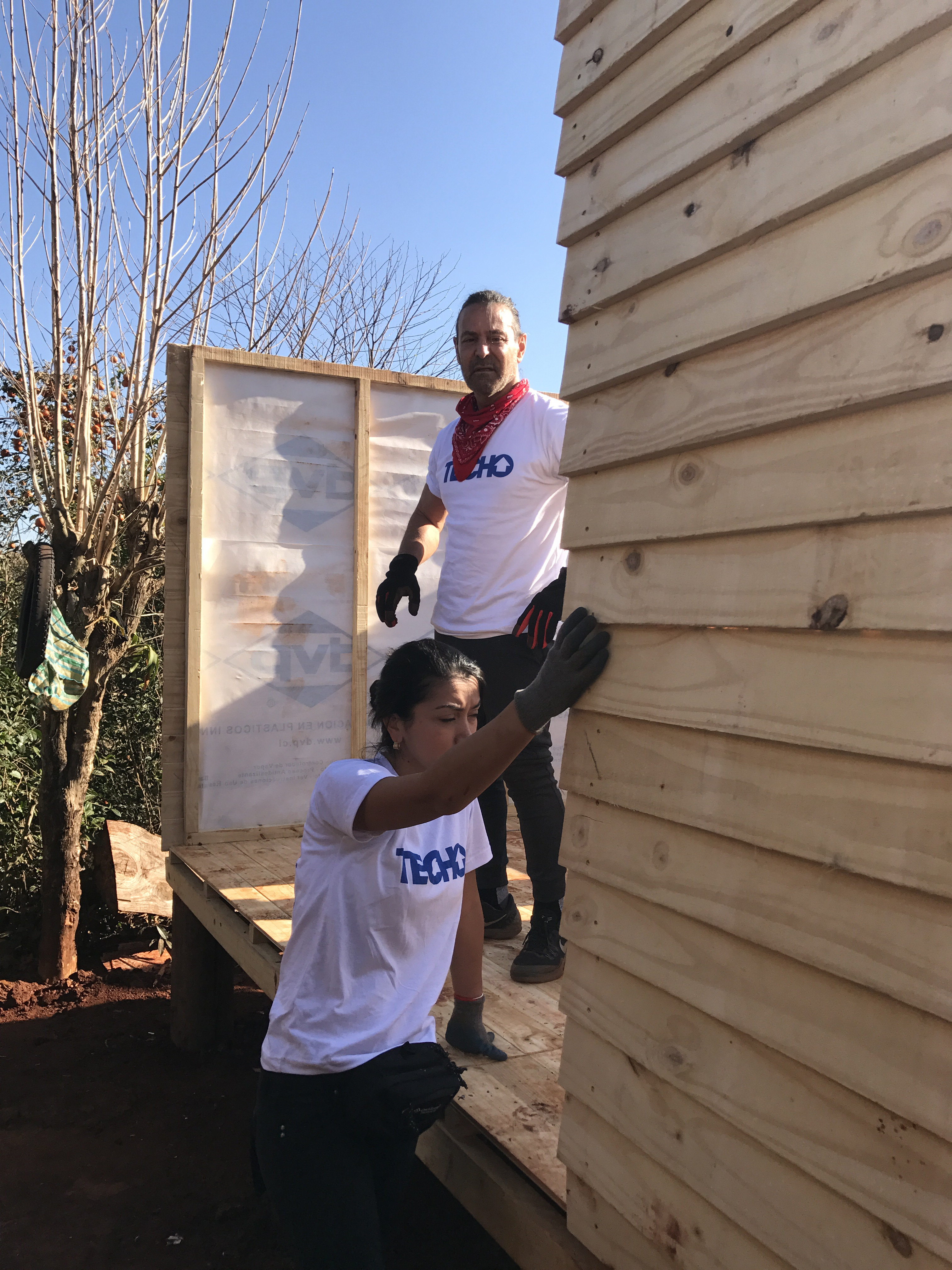Insider SERIES • Article FEATURE
Game of Purpose – Padel x TECHO
Featuring Design TECHO
Featuring Pepe Calderin Design
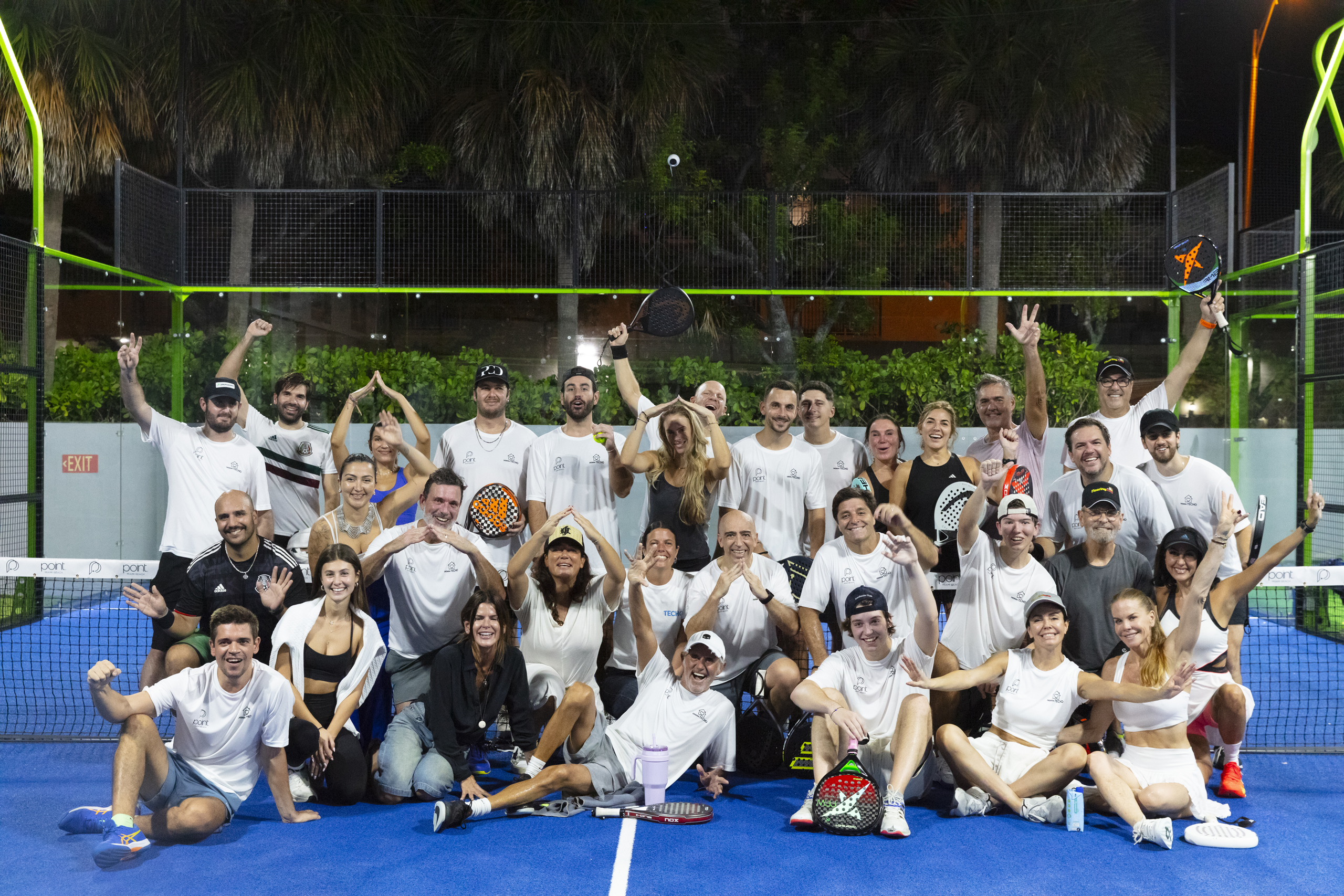
There are moments when architecture, design, and community action align to create something larger than themselves—something that shifts from lifestyle to lifeline. Padel x TECHO was one of those moments: a lively tournament transformed into an engine for change, channeling Miami’s design energy toward building homes and hope across Latin America.
To understand the impact of this event, one must understand TECHO itself. Born in Chile in 1997, TECHO (Spanish for “roof”) was created by a group of students and a Jesuit priest in response to the devastation of a major earthquake. From that modest beginning, it has expanded across 18 countries, constructing over 100,000 emergency homes and mobilizing millions of young volunteers. Its work follows a three-phase model: emergency housing to address urgent needs, community strengthening through education and job support, and ultimately, the development of permanent housing and resilient neighborhoods. TECHO is not just about building walls and roofs—it is about dismantling cycles of inequality, creating spaces where dignity and opportunity can take root.
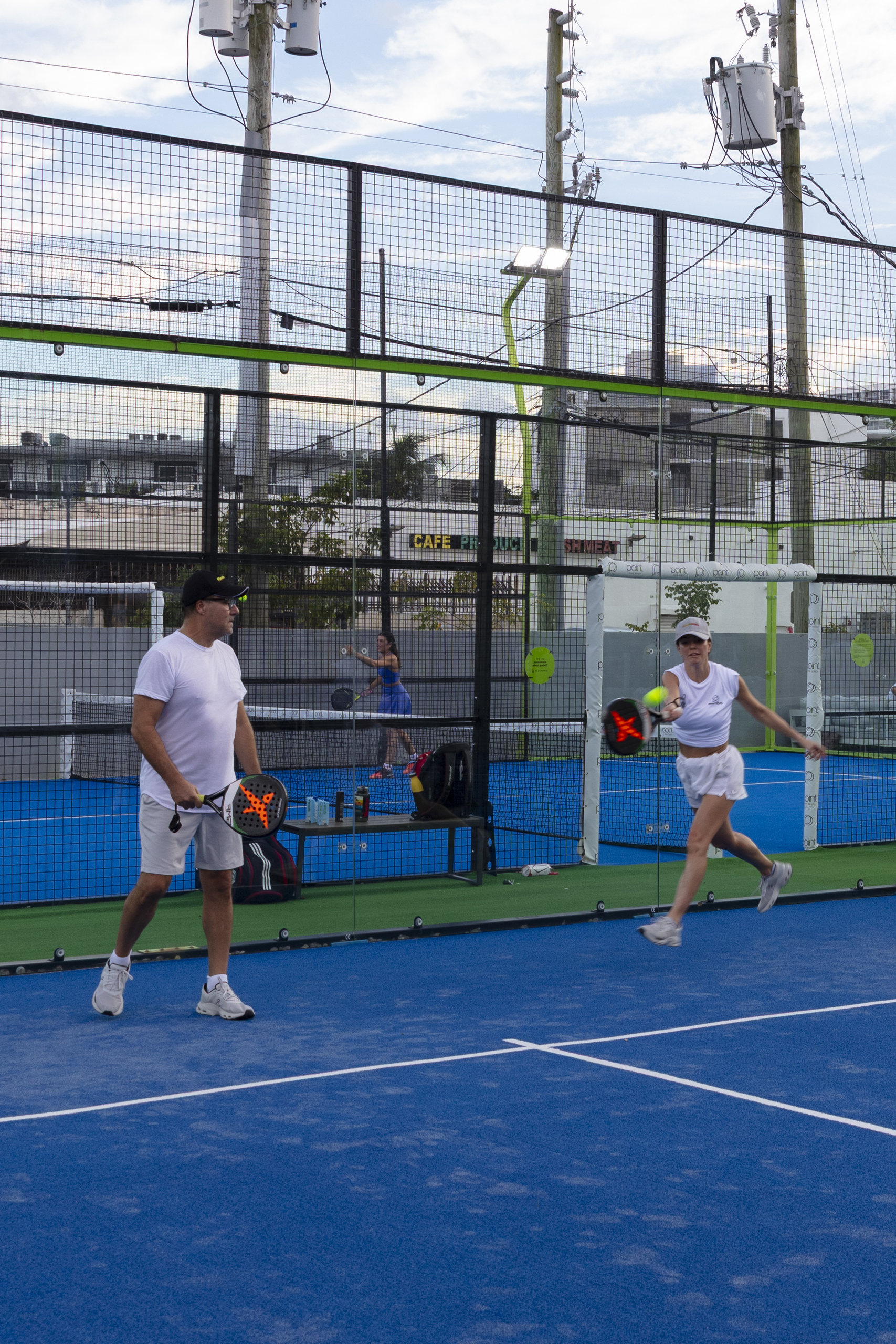
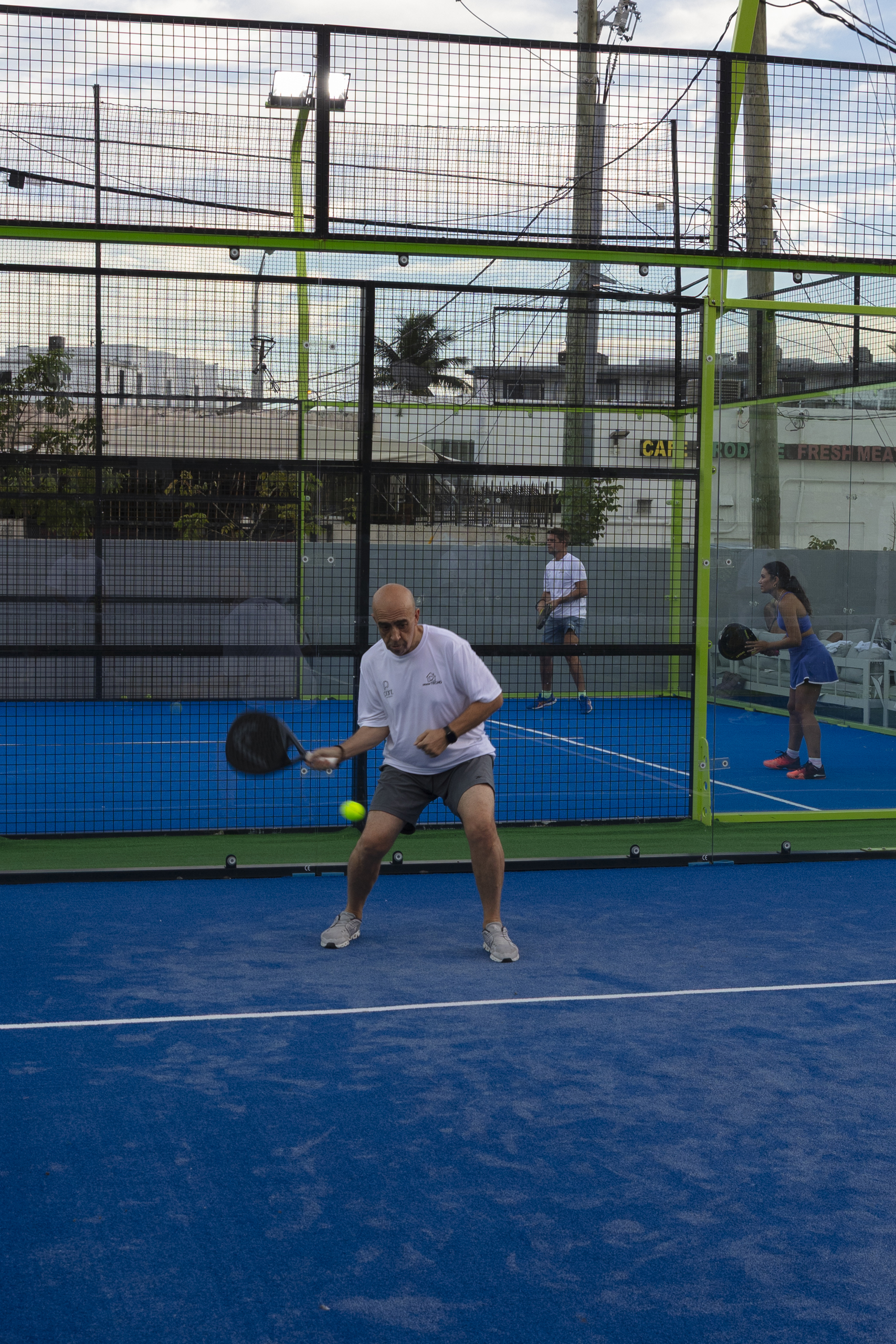
"A future where no one lives without a roof"
What makes Design TECHO so remarkable is its ability to translate this Latin American mission into the Miami context. Founded in 2013 by Juliana Díaz Salazar and Pepe Calderín, Design Techo began as a bridge between the world of interior design and TECHO’s grassroots initiatives. Today, it has grown into a movement of professionals from diverse industries who leverage their networks, creativity, and resources to support TECHO’s mission. By embedding solidarity into the very fabric of Miami’s design culture, they prove that beauty and responsibility are not opposites but partners.
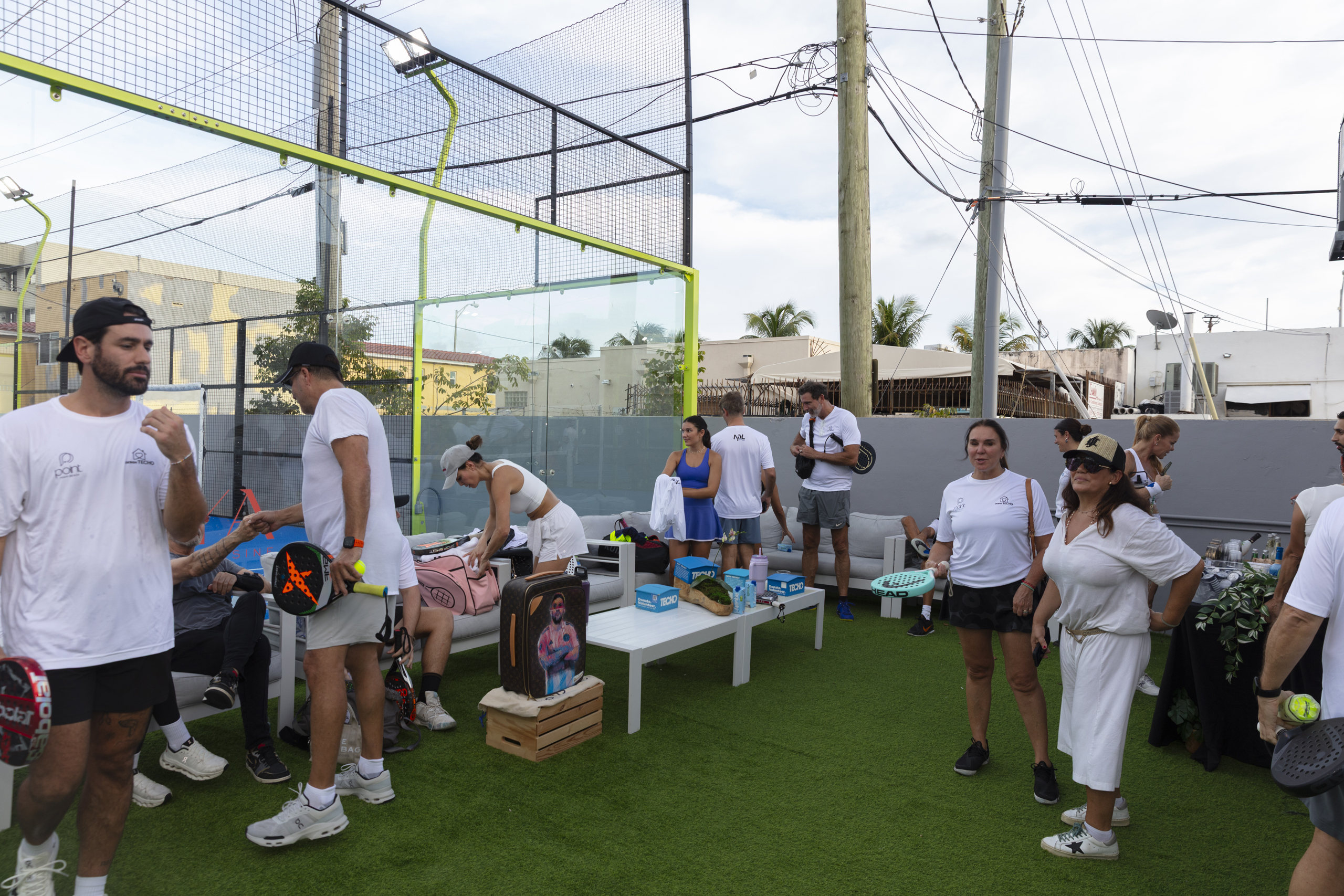
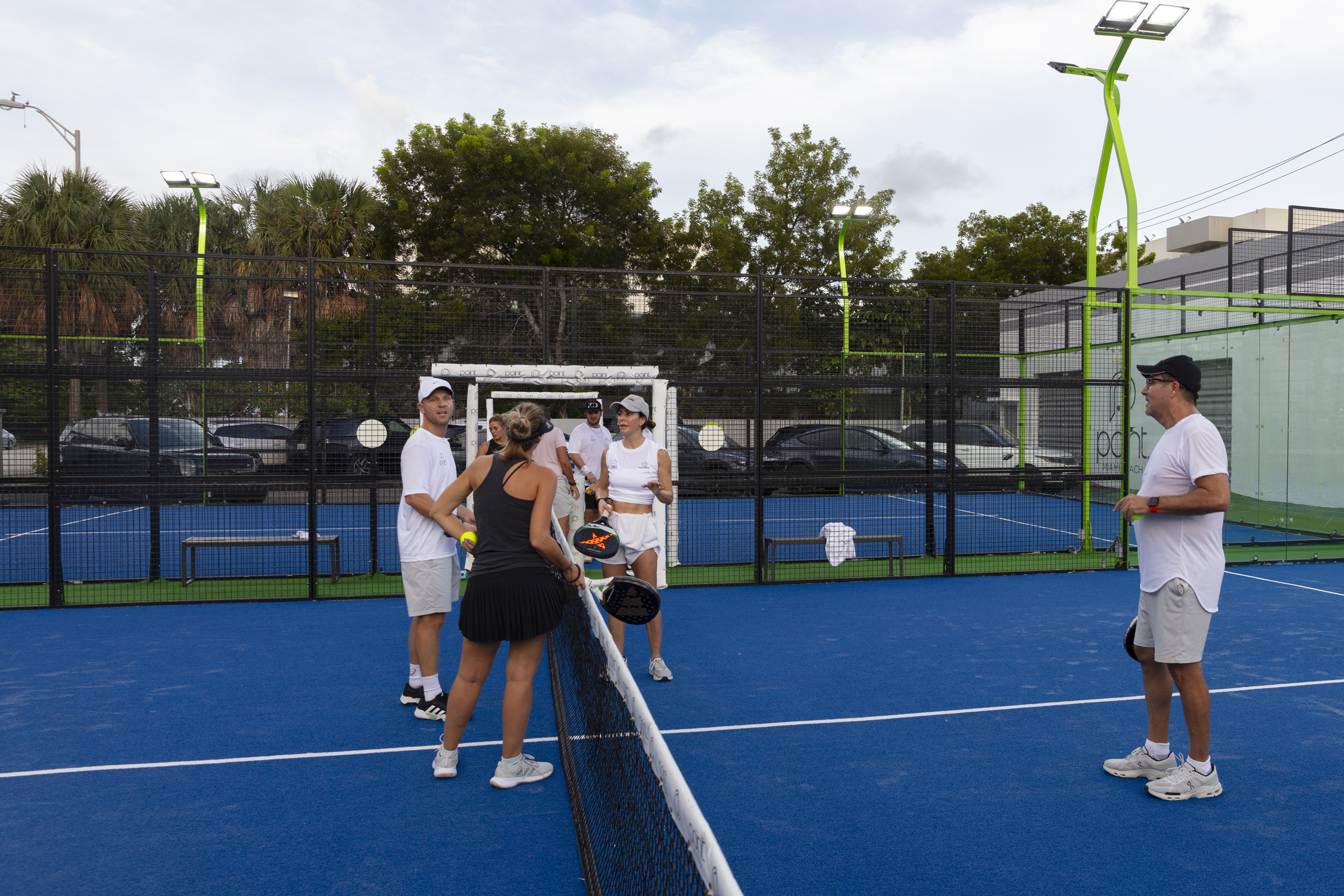
Events like Padel x TECHO remind us that philanthropy need not be distant or abstract. They invite participation, storytelling, and hands-on involvement. As Díaz Salazar explained, “This event today is precisely for that—for professionals across industries to come together, know TECHO’s mission, and become part of it.” It is not just about donating; it is about stepping into the field, building alongside families, and leaving transformed by the experience.
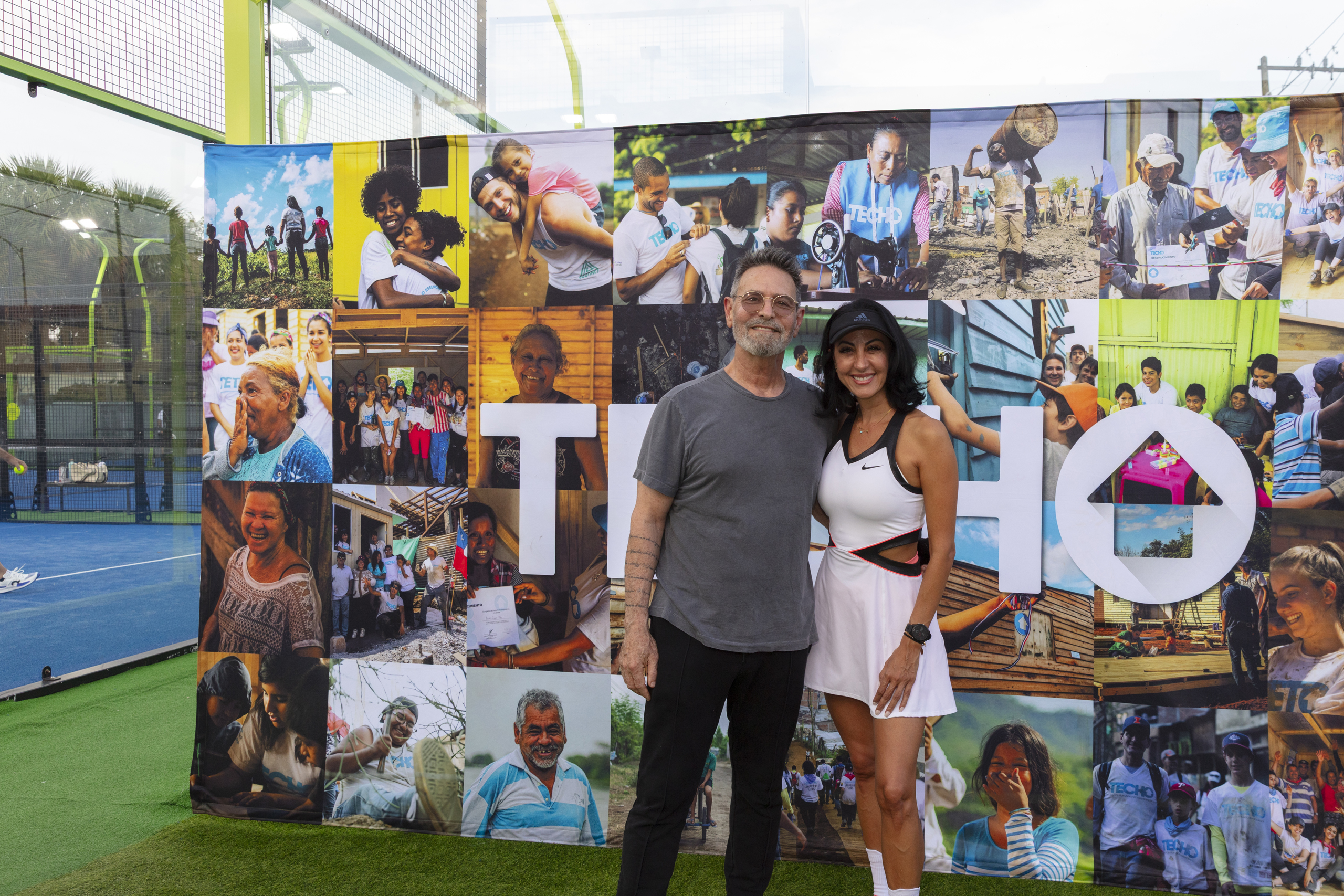
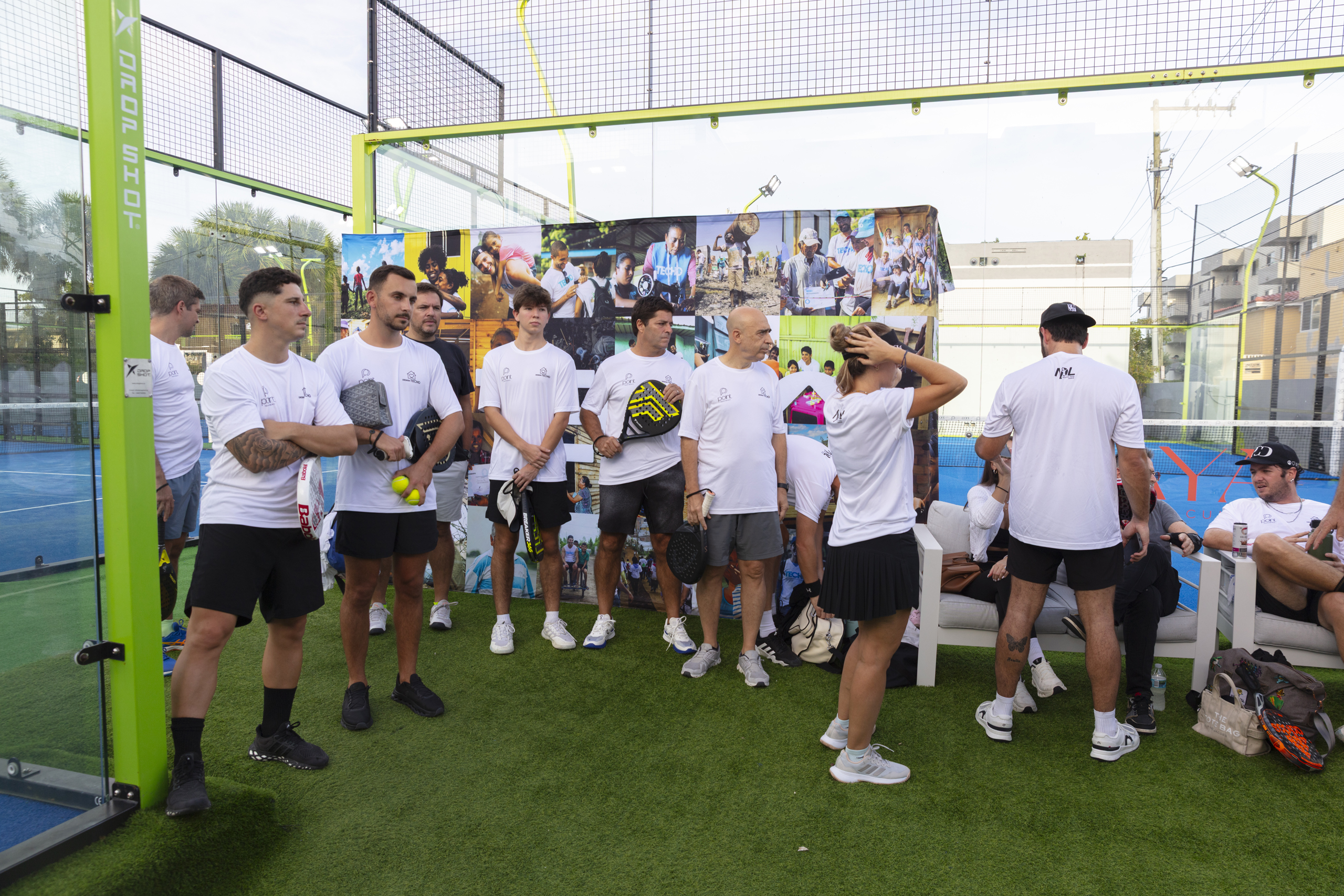
"Building bridges from Miami to Latin America"
For Jaquelina Zingales, joining Design Techo was a personal act of legacy. In 2016, she decided to gift her daughter Olivia, then ten years old, their first TECHO trip to São Paulo. “It was the best decision of my life,” she reflected, “because it was the best seed I could plant in her heart.” Since then, they have built homes across 11 cities, experiencing firsthand the raw contrasts of poverty and resilience. Each construction, she says, leaves them with far more in their hearts than what they give away.
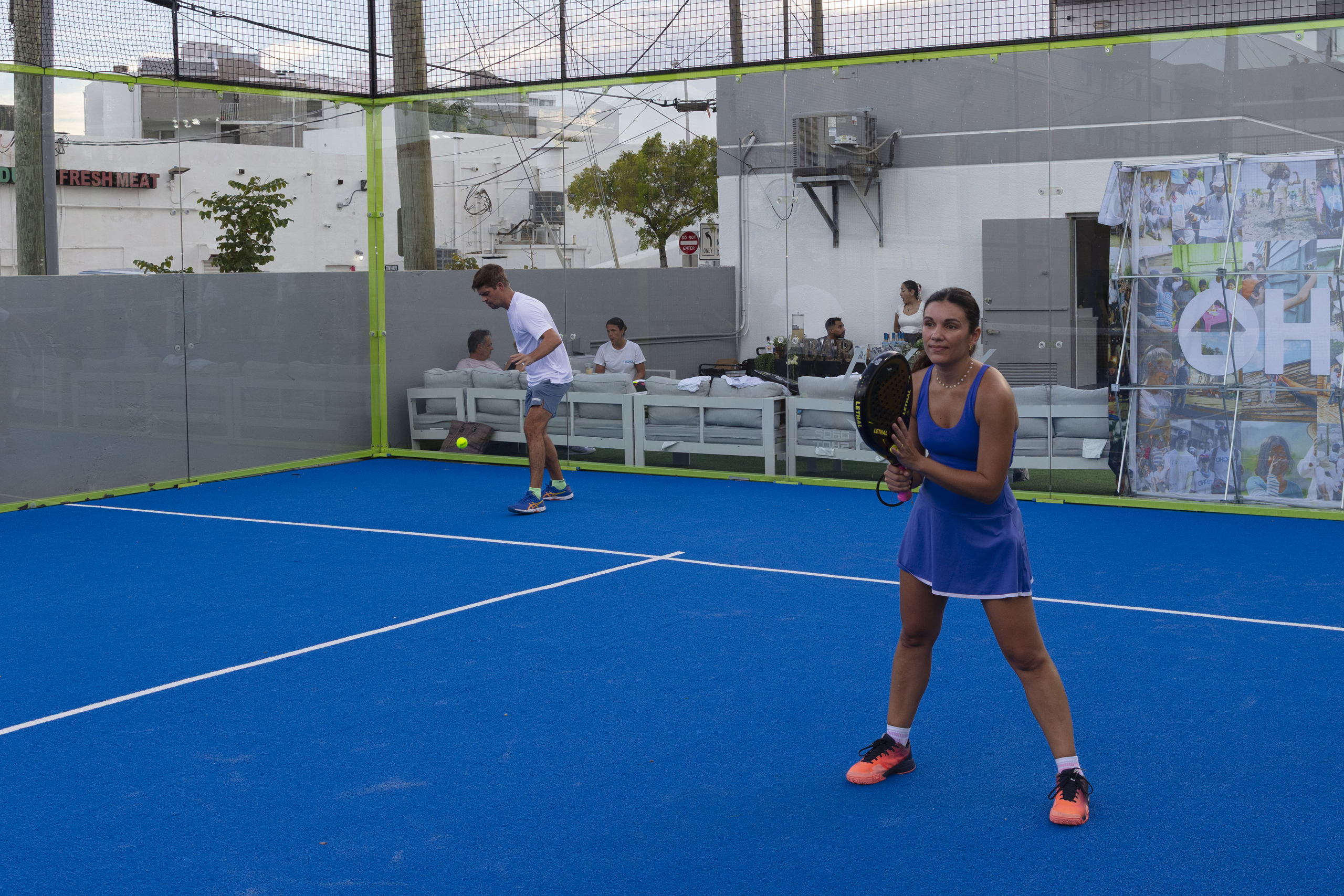
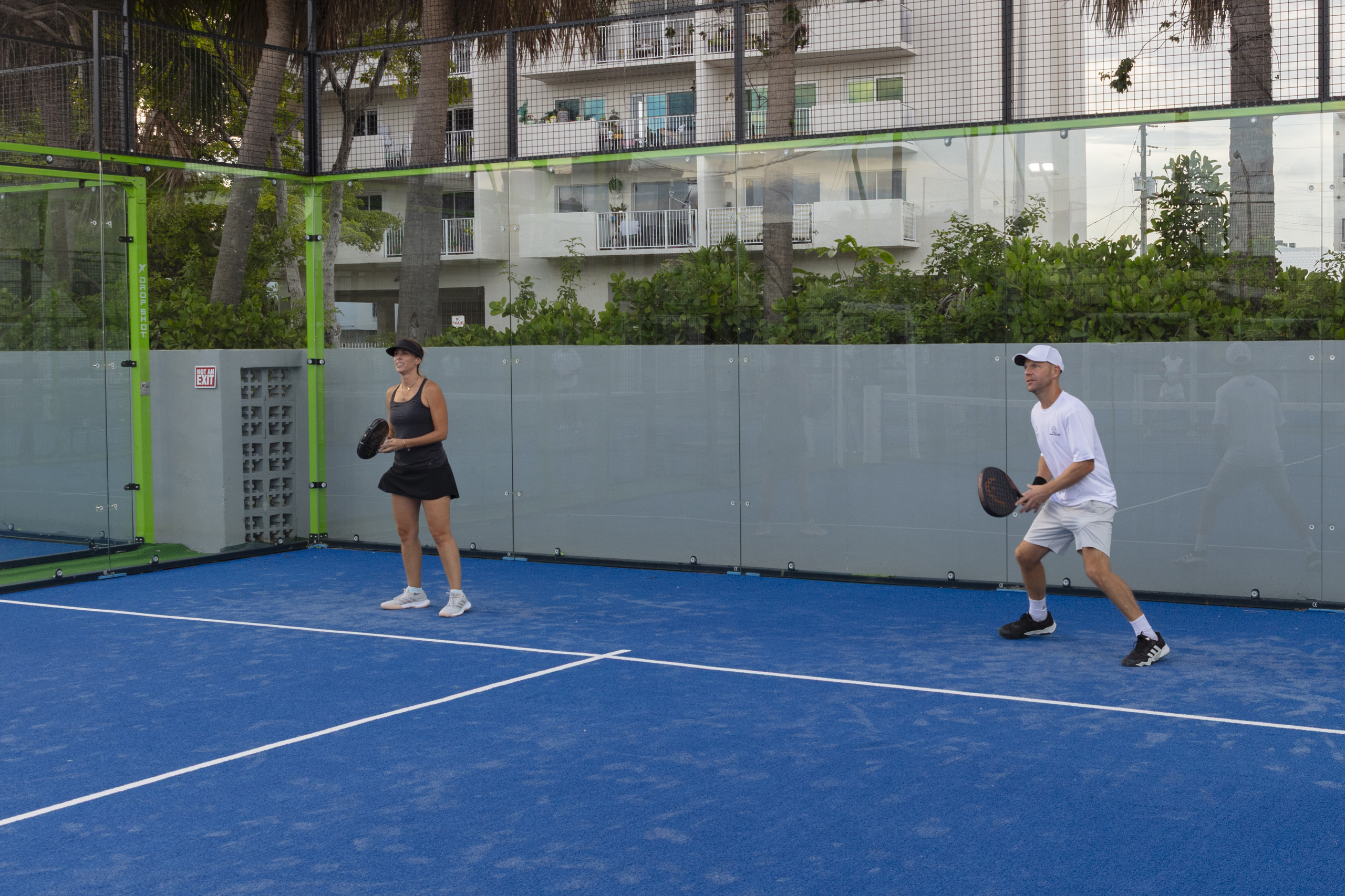
Her daughter Olivia, now 19, echoed this sentiment with striking clarity. “For me, going to Techo is like a reset, a grounding. It’s a moment of realization and a chance to give back to the world.” This generational continuity underscores the deeper philosophy of TECHO: that empathy, once lived, becomes a lifelong compass.
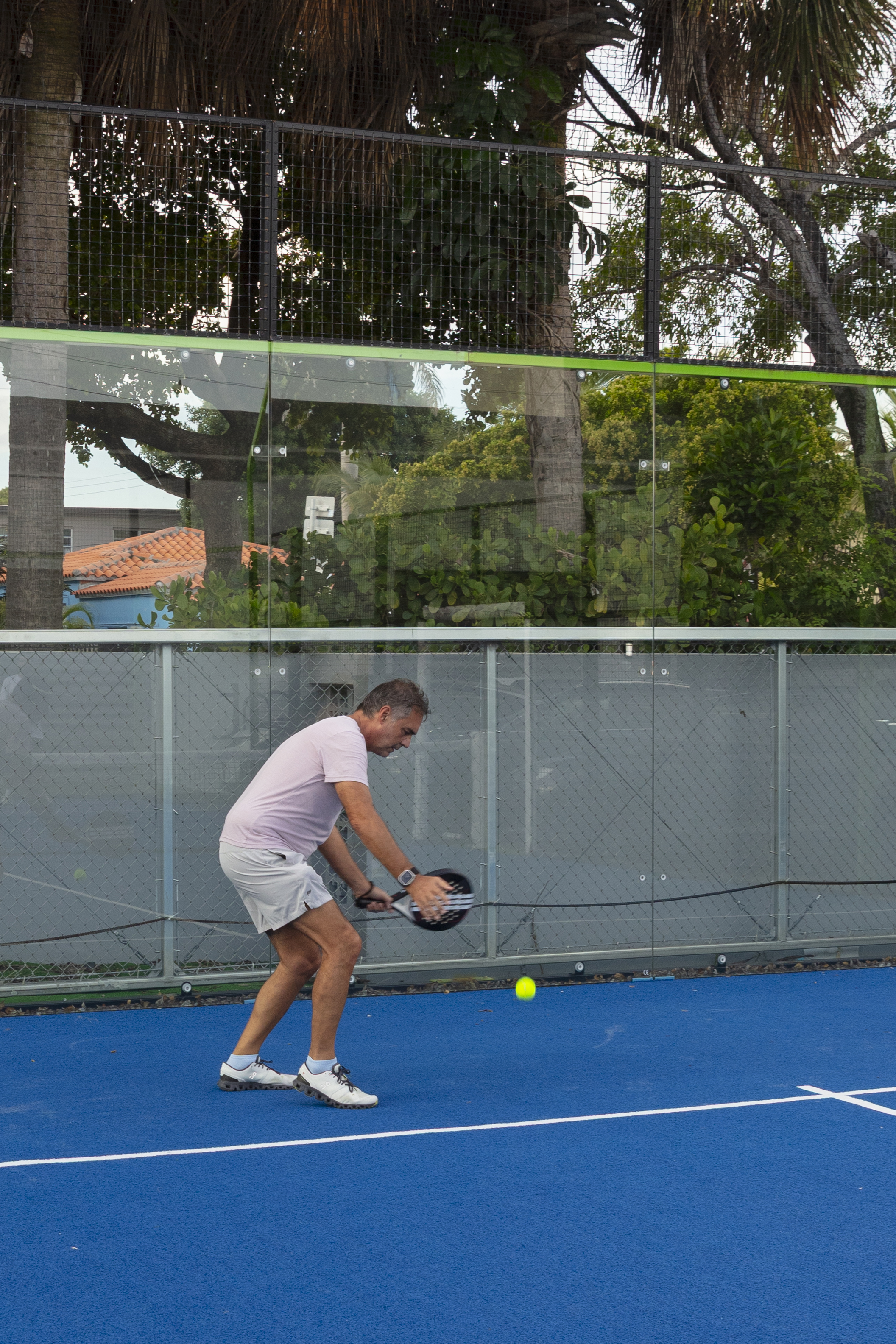
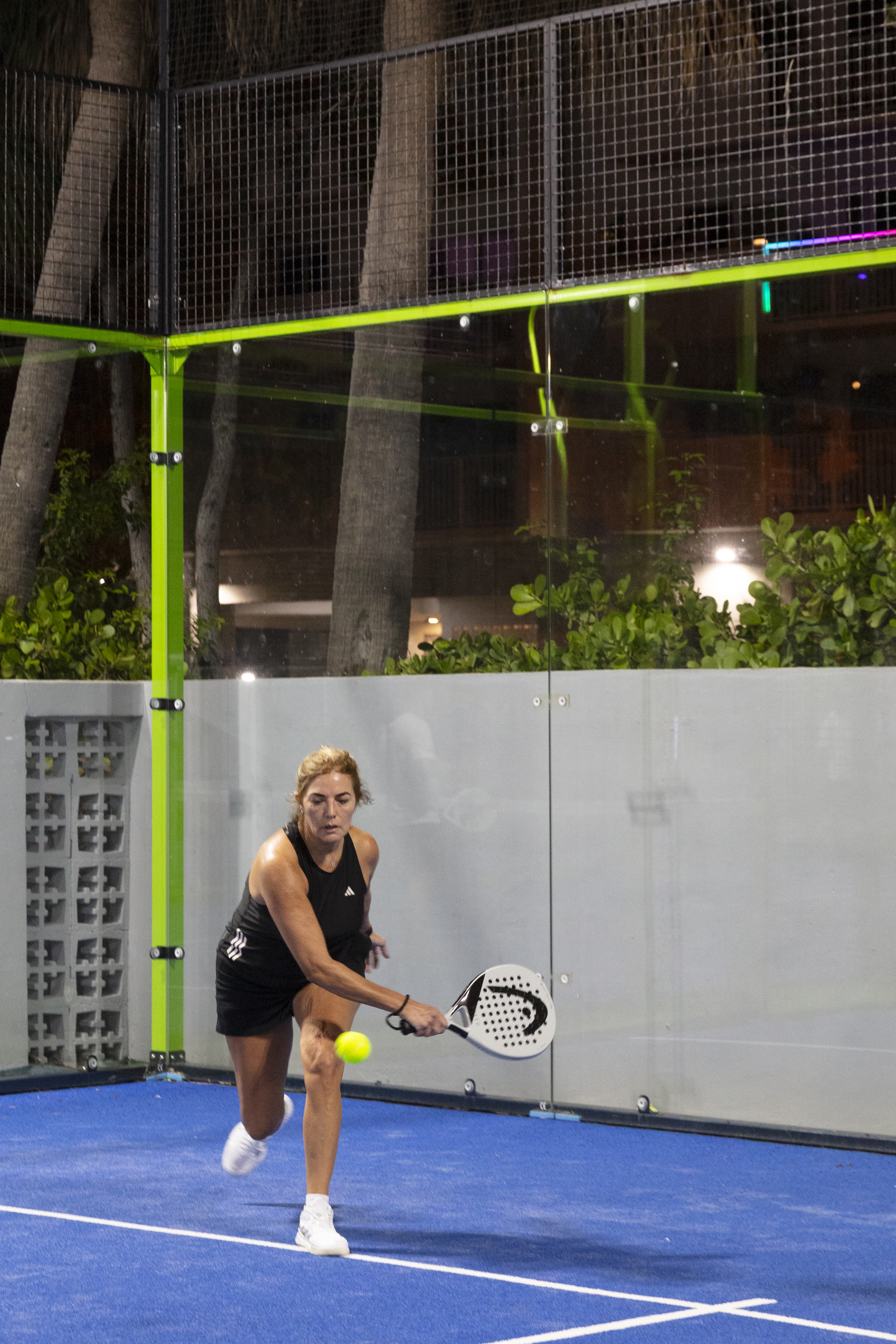
Other voices, like designer Pepe Calderín, speak of the profound humility born from these encounters. “There are people who have nothing and live in joy, while others with everything live in misery,” he shared. “Helping through TECHO has taught me to open my heart, to give love where it is most needed.” Realtor Vanesa Carpignano echoed this, recalling the transformative power of building alongside her own daughter: “We take so much for granted—a bed, a bathroom, a roof. With TECHO, even the smallest effort can change a family’s life.”
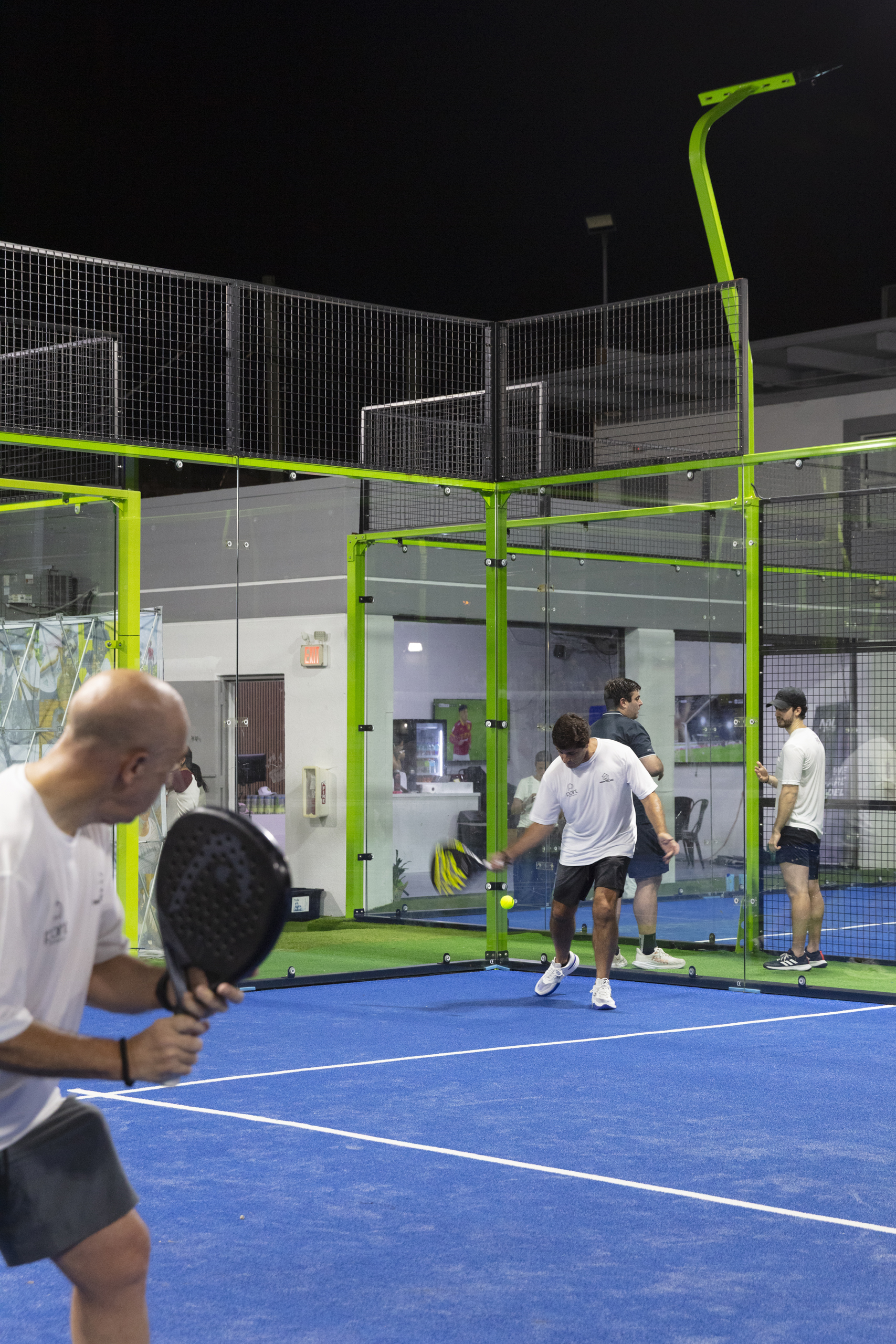
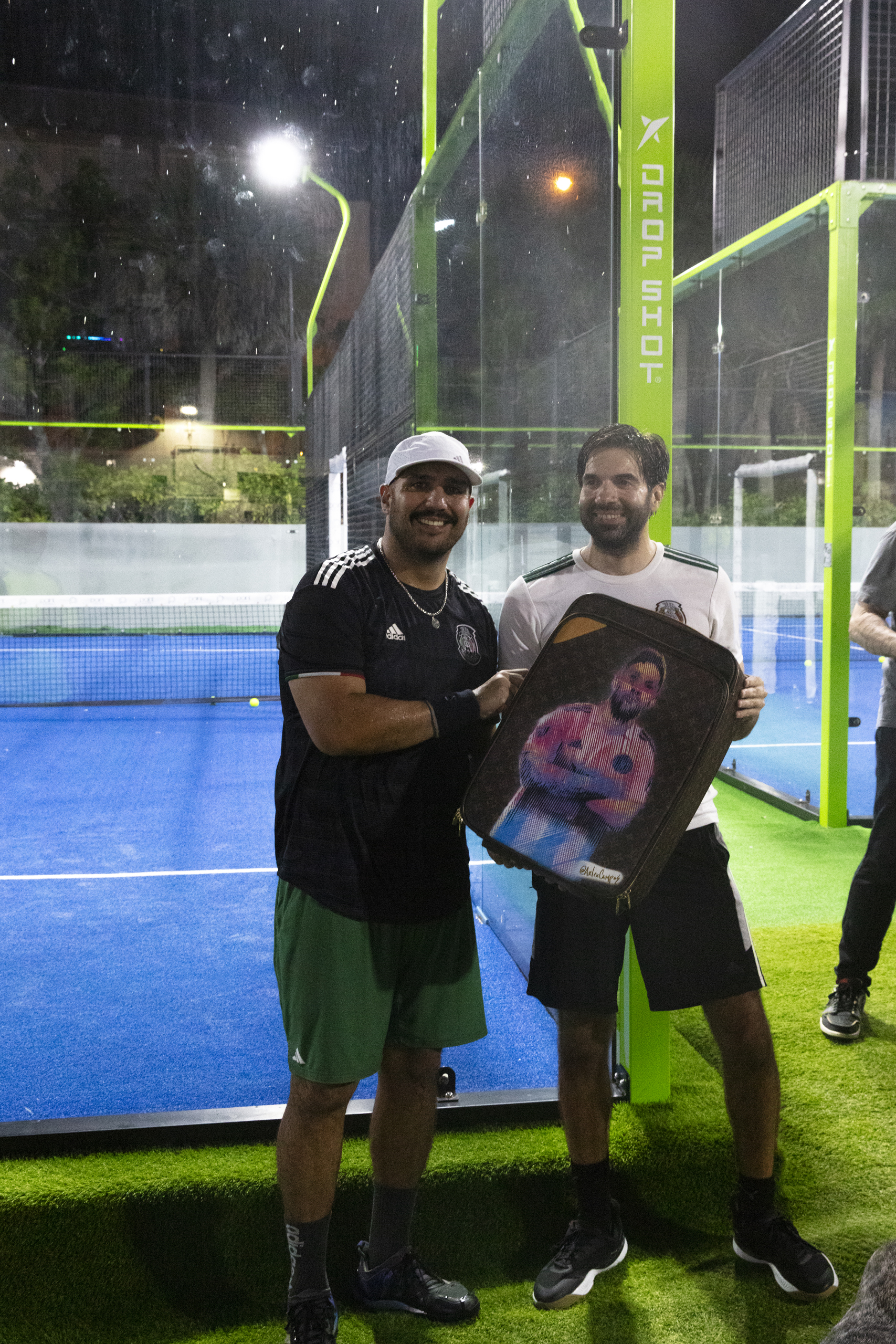
The Padel x TECHO tournament is more than a fundraiser; it is a symbol of how culture, sport, and design can align for social good. With funds raised this year, Design Techo will travel to Mexico to build ten new homes, lifting ten families out of extreme vulnerability. Each dollar, each volunteer, each match point contributes to a vision larger than any one individual—the vision of a future where no one has to live without a roof.
